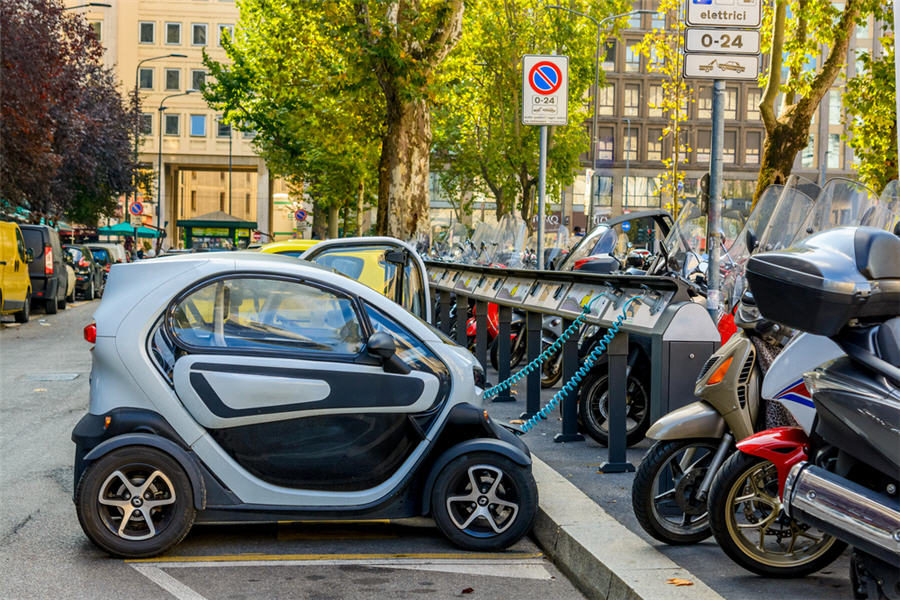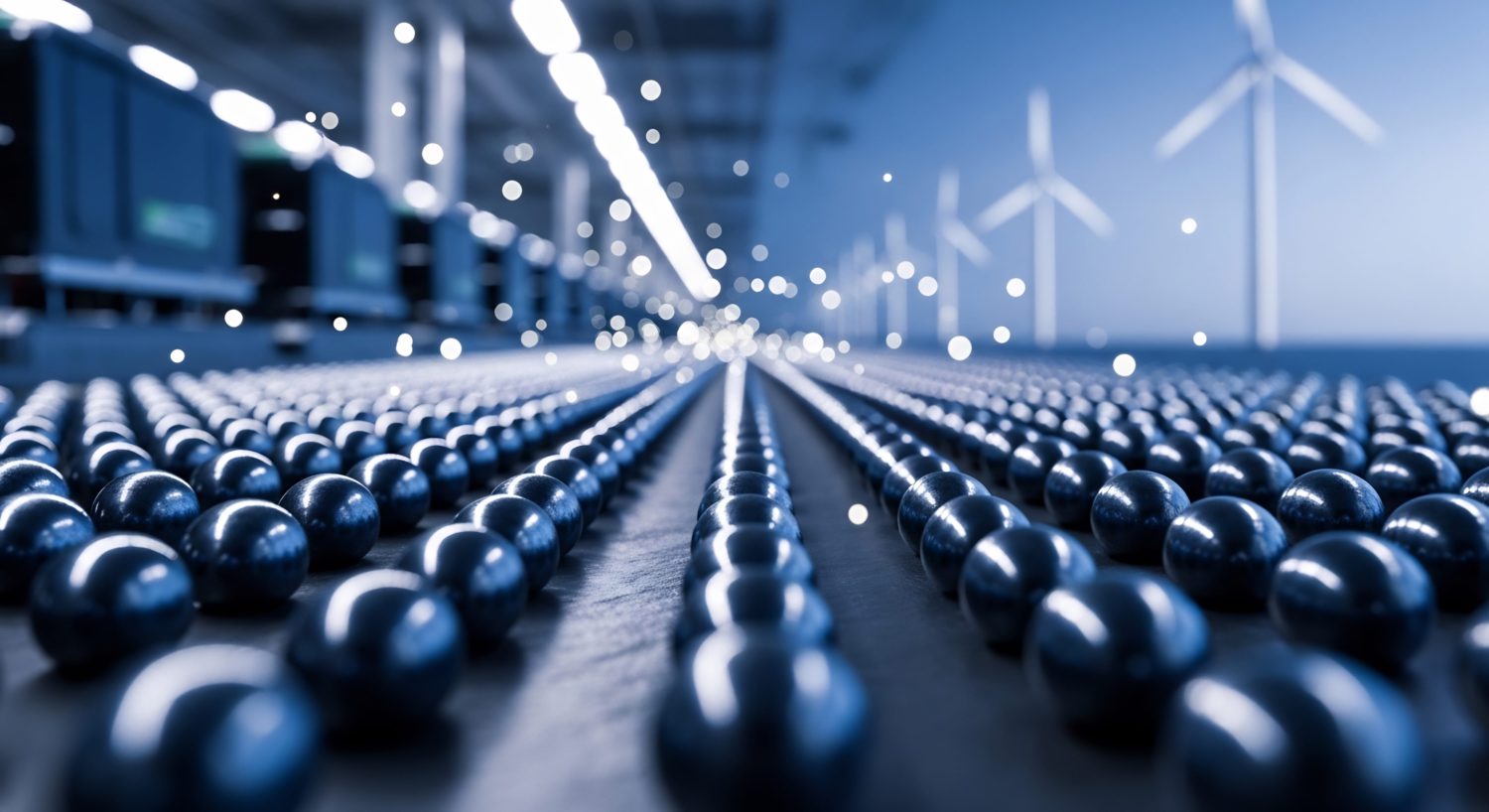Electric cars yet to turn cobalt market into gold mine – Nornickel

Demand for cobalt used to make rechargeable batteries that power electric cars has not yet translated into a tighter market, according to Russia’s Norilsk Nickel, a major producer of the metal.
Materials used to make the batteries will be a key topic of discussion during LME Week, a gathering of the metal industry in London this week.
“The price is higher but there is no tense situation with cobalt supply now,” Anton Berlin, Nornickel’s head of strategic marketing, told Reuters in an interview.
“Everyone is looking into the future, looking at the charts of future demand for electric cars and when they start to transform them into cobalt, they see gold mines. But it is a vision of the future.”
Prices for cobalt metal, used in production of electric vehicle batteries, have tripled to nine-year peaks above $30 a lb from below $10 a lb in late 2015.
CRU consultant George Heppel expects global demand for cobalt metal to be nearly 136,000 tonnes in 2021 and more than 161,000 tonnes in 2025 from roughly 102,000 tonnes this year.
Demand for batteries used in electric vehicles and mobile appliances is expected to account for 46 percent of that in 2021, up from about 40 percent this year.
This growing demand is why many companies in the electric vehicle supply chain are trying to secure supplies of cobalt.
Nornickel said this year it was in talks to supply raw materials needed for making lithium-ion batteries in Europe to German chemicals firm BASF.
“We have signed the memorandum of understanding and so far we have nothing to add to our previous public comment. But this is a significant trend because the issue of batteries and electric cars became super popular,” Berlin said.
Nornickel produces about 5,000 tonnes of cobalt a year as a by-product of nickel. Cobalt is also a by-product of copper.
Nornickel is also the world’s top palladium producer and a major platinum producer, selling both metals to almost all major producers of automobile catalysts.
“We see that our traditional clients from the catalysts business are now in the battery business too. Some of them created this business, some of them purchased some assets in this industry. That’s why the interest (in cobalt) is more visible,” Berlin said.
Major autocatalyst manufacturer Johnson Matthey said last month it planned to invest an initial 200 million pounds ($263.22 million) in expanding its battery material technology business from next year, seeking to capitalise on the growing market for electric vehicles.
Nornickel sells its cobalt under one-year contracts and is in talks to sign them for the next year.
Berlin said battery demand was rising but that at the moment “it is more a matter of publicity and magic aura of electric cars than a real demand”.
(Reporting by Polina Devitt; Editing by Pratima Desai and Edmund Blair)
{{ commodity.name }}
{{ post.title }}
{{ post.date }}




Comments